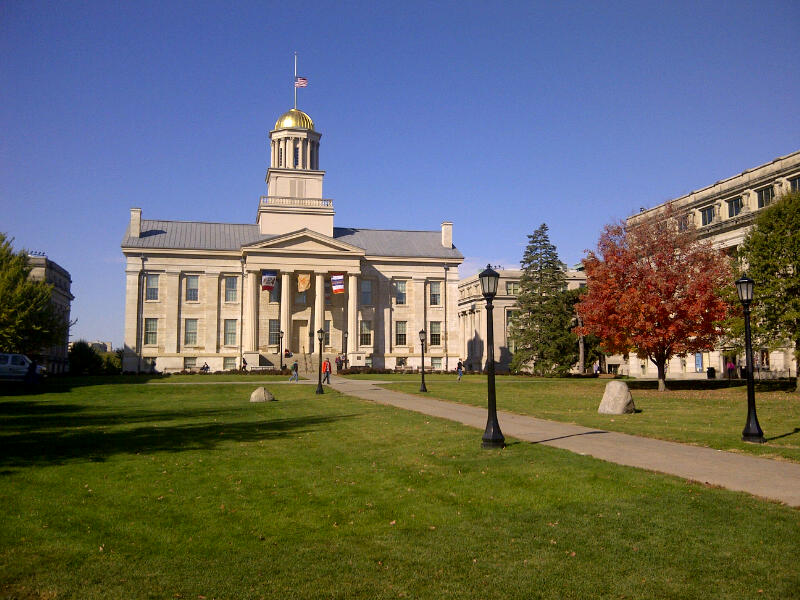Entries from October 1, 2012 - October 31, 2012
Using the Hague Convention to Serve Foreign Defendants
Last week, I spoke on a panel addressing “Hot Topics in International IP Law” as part of a program sponsored by the outstanding Seattle IP Inn of Court. My piece was about obtaining service of process under the Hague Convention.
The long and the short of it is, the Hague Convention is a treaty through which U.S. plaintiffs can arrange for the service of process on foreign defendants (that reside in one of the many countries that have signed the treaty) by sending a request for service to that country’s “Central Authority,” a clearinghouse for arranging for service of process on its citizens in foreign lawsuits. The Central Authority then sends the papers to the defendant’s local court, which arranges to serve them on the defendant, often by the local police.
Service of the summons and complaint is a crucial piece of U.S. civil procedure because without it, a plaintiff can’t join the defendant in the lawsuit or seek a default judgment if the defendant does not participate in the case.
My slides are available here. The main take-away is that Hague Convention service through foreign country’s Central Authority is slow — it takes six months or more, so it pays to plan ahead. This time lag can be particularly painful in counterfeiting or trademark infringement cases because U.S. courts are loathe to order injunctive relief against a party that has not been served. That can mean enduring months of continuing infringement before Central Authority service is effected. Central Authority service also isn’t currently available on Russian defendants because of a dispute between the U.S. and Russia. Otherwise, it often is the best means to effect service on a foreign defendant that resides in one of the many countries that have signed the treaty.
Omission of "Made in China" Label Makes Manufacturer Liable
Here’s a local Lanham Act case with interesting facts. It’s about the sale of waterproof notebooks used by the U.S. military.
Defendant J.L. Darling, Corp. manufactures waterproof paper, which it used in notebooks it sold to the military through its distributor, plaintiff Ira Green, Inc. After Darling terminated the Green’s distributorship, Green found a new source of waterproof paper located in China and proceeded to compete with Darling by selling notebooks using the new paper. However, Green did not place any “made in China” labels on its notebooks until after a Customs and Border Patrol Agent ordered it to do so.
Among various patent, trademark, and false advertising claims the parties allege against each other, Darling claimed that Green’s omission of the “made in China” labels amounted to falsely marking the country of origin of its notebooks, thereby deceiving consumers. Green responded that the issue was moot because it corrected its omission and that Darling provided no evidence that customers were deceived or that Darling suffered any resulting injury.
The parties brought cross-motions for summary judgment on their claims and counterclaims, including on Darling’s two Lanham Act claims for false designation of origin.
On Oct. 9, Western District Judge Robert Bryan granted Darling’s motion and denied Green’s.
It found: “While there is an issue of fact over when and how many of Green’s notebook products eventually received the correct ‘made in China’ stickers, there is no issue of fact that Green did not place the proper country of origin on its notebook products when it first distributed those products. Because the lack of sticker placement was a literally false omission, causation and damages are presumed unless Green can rebut this presumption. Green has shown no facts to rebut. Because Darling and Green both request summary judgment on these two claims, summary judgment should be granted and judgment of liability only entered for Darling, and summary judgment should be denied for Green, on Darling’s second and third Lanham Act claims (Counts II and III).
The case cite is Ira Green, Inc. v. J.L. Darling, Corp., No. 11-05796, 2012 WL 4793005 (W.D. Wash. Oct. 9, 2012) (Bryan, J.).
Fall at the University of Iowa. What could be Better? (I'll Tell You.)
 A beautiful day at the University of Iowa
A beautiful day at the University of Iowa
It’s a beautiful fall day here at the University of Iowa. What could be better?
A beautiful fall day at the University of Minnesota, of course.
But I’m not complaining.
Nothing trademark-related in this post, or in my visit. I’m here for a deposition in a copyright infringement lawsuit. The clear sky, crisp air, and changing leaves just compelled me to share.
(Photo by STL)
